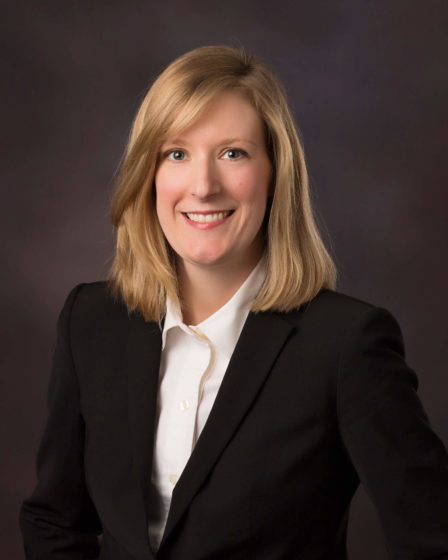Submitted by the Bond & Botes Law Offices - Tuesday, November 13, 2018
 The Internal Revenue Service announced this month that the employee contribution limit for 401(k) and other workplace retirement plans will increase next year. The current contribution limit is $18,500 and the limit will increase to $19,000 in 2019.
The Internal Revenue Service announced this month that the employee contribution limit for 401(k) and other workplace retirement plans will increase next year. The current contribution limit is $18,500 and the limit will increase to $19,000 in 2019.
While this might not seem like much, Neal Van Zutphen, a financial planner, calculated that investing an extra $500 annually over a 30 year period, with an average 7% rate of return, would result in about $47,000 in retirement savings!
What is a 401(k) and How Much Can I Contribute?
As many of us know, a 401(k) plan allows workers to save and invest some of their earnings before taxes get taken out. The funds are not taxed until they are withdrawn from the account. The name comes from a section of the Tax Code. These plans have been around for around 40 years and are a good way for workers to save for their retirement.
According to Fidelity Investments, the average balance in its 401(k) plans rose to a record high of $106,500 this quarter, and the number of people that hold $1 million or more in their 401(k) accounts reached 187,000.
For workers over 50 years old, they can make an additional $6,000 a year “catch-up” contribution on top of the regular contribution limit. This amount will not change in 2019.
In general, it is suggested to contribute at least enough to your employer-sponsored retirement account to receive your company’s matching contribution. This is often 3-5% of your pay. If you can afford it, increasing this contribution a percentage point each year can have a major impact on your savings.
Contact a Bankruptcy Attorney to Help Plan Your Future
Utilizing your 401(k) or similar retirement account is an excellent way to plan for your future. Often times, we see that our clients are not able to fully utilize the retirement savings available to them because they are struggling to pay their debts. If you want to start planning for a brighter future, please give one of our offices a call to set up a free consultation with one of our experienced attorneys.

 1-877-581-3396
1-877-581-3396

